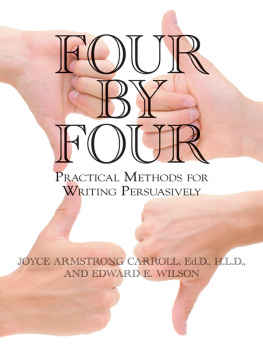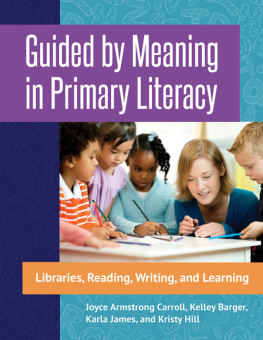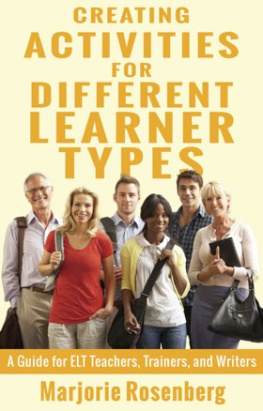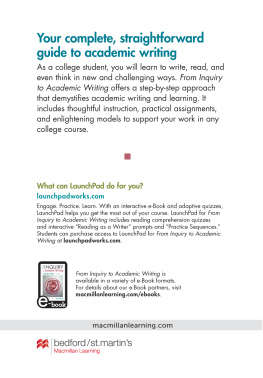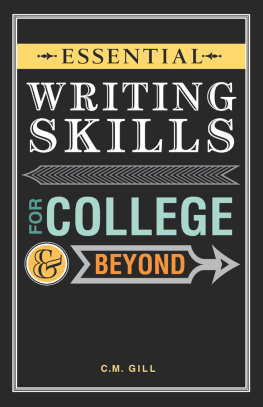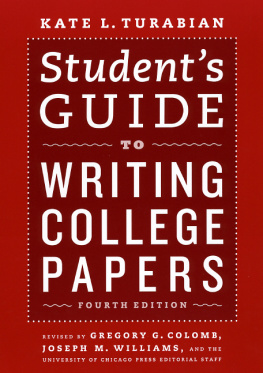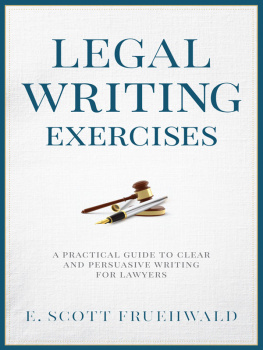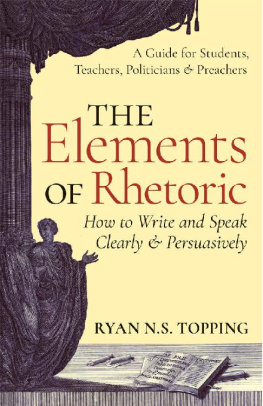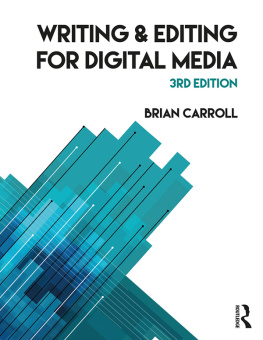A
A Suggested Mnemonic Device for Students to Remember the Major Rhetoricians or a Quick Guide for Debaters
The brain engages in acts of association all the time. Give a group of people a word, for example football, and ask them to say the first thing that pops into their heads. Different people say different things ranging from I was a cheerleader, the band, getting my buns sore sitting in the stands, hot chocolate, King and Queen, to receiving my letter jacket, and so on.
When we study persuasion, that important arm of rhetoric, we often get the various thinkers confused. The memory jogger below, based on that feat of association our brains naturally make, provides a word or two that will open up the students long-term memory and allow all the details connected to that rhetorician to flood their minds and influence their writing.
Our intention here is to provoke an association between thinker and theory that triggers what students know and allows them to expand on that knowing and to use it appropriately.
This list is not meant to oversimplify the great minds represented here; rather it is meant as a mnemonic tool for students.
| When you hear: | think: |
|---|
| Plato | truth |
| Aristotle | intent |
| The Sophists | power |
| Cicero | probability |
| Quintilian | credibility |
| Pavlov | conditioning |
| Freud | unconscious |
| Rogers | self-realization |
| Burke | motive |
| Young, Becker, and Pike | physics |
| Toulmin | rational process |
B
Registers of Language Defined
Martin Joos in The Five Clocks describes five registers:
Frozen: Unchanging language such as the U.S. Constitution, the Pledge of Allegiance, biblical passages. This language is literally frozen, I pledge.
Formal: While this includes introductions between people, it is primarily technical vocabulary. Usually it is a one-way communication such as a lecture, Listen to me.
Consultative: Think teacher/student, doctor/patient, expert/apprentice. This includes academic conversation. This two-way communication often includes interruptive comments such uh huh, I see.
Casual: The communication of friends and acquaintances, Hi! What's going on?
Intimate: Private communications among family and close friends. This sometimes includes private vocabulary and allusions, I wuv you.
M. A. K. Halliday, Angus McIntosh, and Peter Strevens, The Linguistic Sciences and Language Teaching, offer these registers:
Instrumental: This is language used to get things done, for satisfying material needs, I want.
Regulatory: This language controls the behavior, feelings, and attitudes of others, Do as I tell you.
Interactional: Language used to establish status or to get along with others, Me and you; me against you.
Personal: This language expresses individuality or awareness of self, Here I come.
Heuristic: Language used to seek information or test knowledge, Tell me why.
Imaginative: Language used to create, Let's pretend.
Representational: This language communicates, I've got something to tell you.
Frank Smith, The Uses of Language, Language Arts 54, no. 6, adds:
Divertive: Language used for fun, e.g. riddles, puns, etc., Enjoy this.
Contractual: This is the language used in contracts, How it must be.
Perpetuating: This language preserves, How it was.
In a speech Relating Reading and Writing, delivered at the 32nd Conference on College Composition and Communication in Dallas, Texas, Yetta Goodman suggested:
Ritualistic: The everyday language we use to get along with others, How are you? This is sometimes called phatic.
Extending memory: Language used by authority to test knowledgethe language of tests, Here is what I want to know.
C
Persuasive Theses
The FBI's terrorist hunt is a failure.
Consumers are at a disadvantage in health care.
The government should require more testing and evaluation of the chemicals children are exposed to daily.
The mouthpieces of band instruments should be sanitized after each use because they carry a number of types of bacteria, including staph.
I am sick and tired of America's nitwit Anglophiles.
Many don't realize that tomatoes are a fruit.
I support the National Disaster Search Dog Foundation.
You are what you owe.
The government needs to investigate for-profit colleges.
I want to persuade you that Alexander McQueen, the British fashion designer who took his own life in February 2010, should not be featured at this year's Costume Institute exhibition at New York City's Metropolitan Museum of Art.
I think Shark Week on the Discovery Channel is stupid.
Emma Watson is my hero.
A Visit from the Goon Squad deserved to win the Pulitzer Prize.
Five years after you quit smoking, your risk of stroke is the same as someone who's never smoked.
Food is the biggest weapon in the world's fight for peace.
Prince William and Kate Middleton's wedding was my version of a fairy tale.
The King James Bible was not a book of poetry or philosophy or music or mystery but something of all these, which is one reason its rhythms remain embedded in our language 400 years after its publication on May 2, 1611.
The singers on American Idol need to hear the ugly truth.
Do you think there is too much political carping on TV?
Bullying pushes everyone's buttons these days.
What is your stand on free will?
Teachers should not take the blame for political blunders.
Human trafficking is more similar in America and Cambodia than we would like to admit.
Is loyalty dead?
D
The Major Fallacies
Students sometimes create fallacious arguments in their zeal to make their point or win the argument. Over the years we have tabulated the following as the most common major fallacies committed by students. (Many more fallacies may be found on the Internet.)
AD HOMINEM
Ad hominem comes from the Latin meaning to the man. It's an abbreviation for argumentum ad hominem, which simply tries to link the truth of the thesis to a negative characteristic of a person. This fallacy is really a personal attack.
Ex: Mr. Bradley is an uneducated buffoon with a big mouth. No one believes him when he says that thinking is gobbledygook.
BANDWAGON
Joyce came home once with a C grade on a paper. Because this was unusual, her mother questioned her. Everyone got low grades; it was a bad test, claimed Joyce. To which her mother answered, If everyone jumped off the bridge, would you? I don't care about everyone, I want to know if you did your best. Joyce employed the fallacy of arguing because everyone did poorly it excused her low grade. She used bandwagon, and Mother didn't buy it.
Ex: Everybody wears baggy jeans, so if you want to belong, you should wear them, too.
BEGGING THE QUESTION
We like to call this assumicide because either the thesis statement, which needs to be proven or defended, is assumed true or it is repeated in different words and becomes a form of circular reasoning. Its name comes from the idea of begging the listener to accept the thesis before the labor of logic is undertaken.
Ex: So what if french fries are bad for you, adding extra calories to your diet. Eating friescholesterol and allis part of being a kid.

